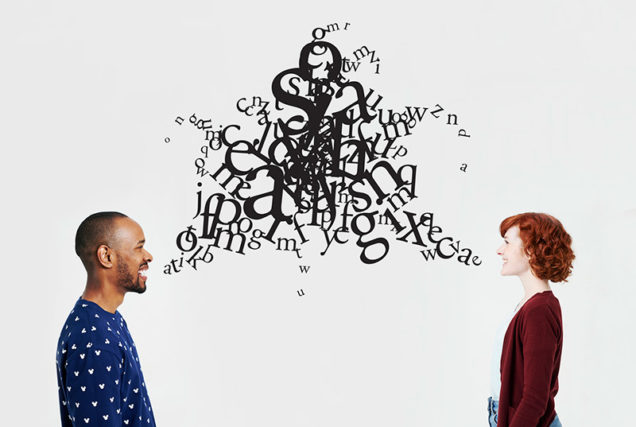
Television was first licensed for commercial broadcasting in 1941. On the contrary to the early predictions saying that Television would bring “infinite broadening of the democratic process”(Mickelson, 1960), Gentzkow pointed out that “the entry of television in a market actually coincided with sharp drops in consumption of newspapers and radio, and in political knowledge as measured by election surveys” (2006). In this case, though television provides people with more media forms for delivering political information (Gentzow, 2006), the audiences also have choices of consuming entertaining content in their leisure time. Thus we see the decline of absorbing political news information and then the decline of political knowledge and the decrease of participation of political events. In this scenario, content does matter in that the expansion of choices of content led to crowding out of political engagement (Gentzow, 2006).
As time passing by, political content appears from the newspaper, radio, and television to online social media platforms as well. de Boer, Sütfeld, & Groshek analyzed the content of political advertisements in the 2012 presidential campaigns in France and the United States and had some interesting findings. Results show that American ads were more negative on average than their French counterpart ads (de Boer, Sütfeld, & Groshek, 2012) and suggest that political and media cultures across different nations play an important role in producing political ads (Sayre, et al., 2010).
As for Matthew Gentzkow’s analysis that television has generally been “bad” from socio-politically perspective, there are some contrary opinions found. Dr. Groshek mentioned during lectures that his recent study found that streaming television boosts political discussion. Leshner and McKean found that watching television news for political and government information is positively associated with knowledge about candidates using survey data from a 1994 US Senate campaign in Missouri (1997). Despite the view that Matthew Gentzkow’s claim toward television’s lousy impact toward political knowledge is not thorough, we should also consider the fact that television is no longer the mainstream media content in recent years. Online media especially social media have been seen taking effect in politics.
In Chris Wells’ recent lecture of “Strategic communication, the traditional press, and social media publics in the election of Donald Trump,” Wells shared his findings that social media contribute to support for Trump. Metzgar and Maruggi’s research on “Social media and the 2008 U.S. presidential election” also showed that social media was useful not only for distributing campaign message but also for offering mechanisms for ongoing engagement moved by the message (2009).
Besides the interaction among content, culture and political media, there are some interesting discussions around culture adaptation as well. According to Matrix, Netflix is changing viewers’ expectations concerning what, how and when they watch TV with the effect of binge watching, which means that viewers watch all episodes of a season at once (2014). Also, video on demand enables viewers to participate in cultural conversations online and offline (Matrix, 2014). Other than that, there is the public concern about the effect of TV couch potato culture and its negative consequence of obesity and other health risks caused especially by watching content lack intellectual and nutritional value.
By Runnan Wei, BU Emerging Media Studies Master’s Student, weirou@bu.edu
Sayre, L. Bode, D. Shah, D. Wilcox, and C. Shah, 2010. “Agenda setting in a digital age: Tracking attention to California Proposition 8 in social media, online news, and conventional news,” Policy & Internet, volume 2, number 2, pp. 7–32.
de Boer, N., Sütfeld, H., & Groshek, J. (2012). Social media and personal attacks: A comparative perspective on co-creation and political advertising in presidential campaigns on YouTube. First Monday, 17(12).
Gentzkow, Matthew. “Television And Voter Turnout.” The Quarterly Journal of Economics, Aug. 2006
Leshner, G., & McKean, M. L. (1997). Using TV news for political information during an off-year election: Effects on political knowledge and cynicism. Journalism & Mass Communication Quarterly, 74(1), 69-83.
Matrix, Sidneyeve. “The Netflix Effect: Teens, Binge Watching, and On-Demand Digital Media Trends.” Jeunesse: Young People, Texts, Cultures, vol. 6, no. 1, 2014, pp. 119–138., doi:10.1353/jeu.2014.0002.
Metzgar, E., & Maruggi, A. (2009). Social media and the 2008 US presidential election. Journal of New Communications Research, 4(1).
Mickelson, Sig, “The Use of Television,” in James M. Cannon, ed., Politics U.S.A.: A Practical Guide to the Winning of Public Office (Garden City, NY: Doubleday, 1960), pp. 285–301.